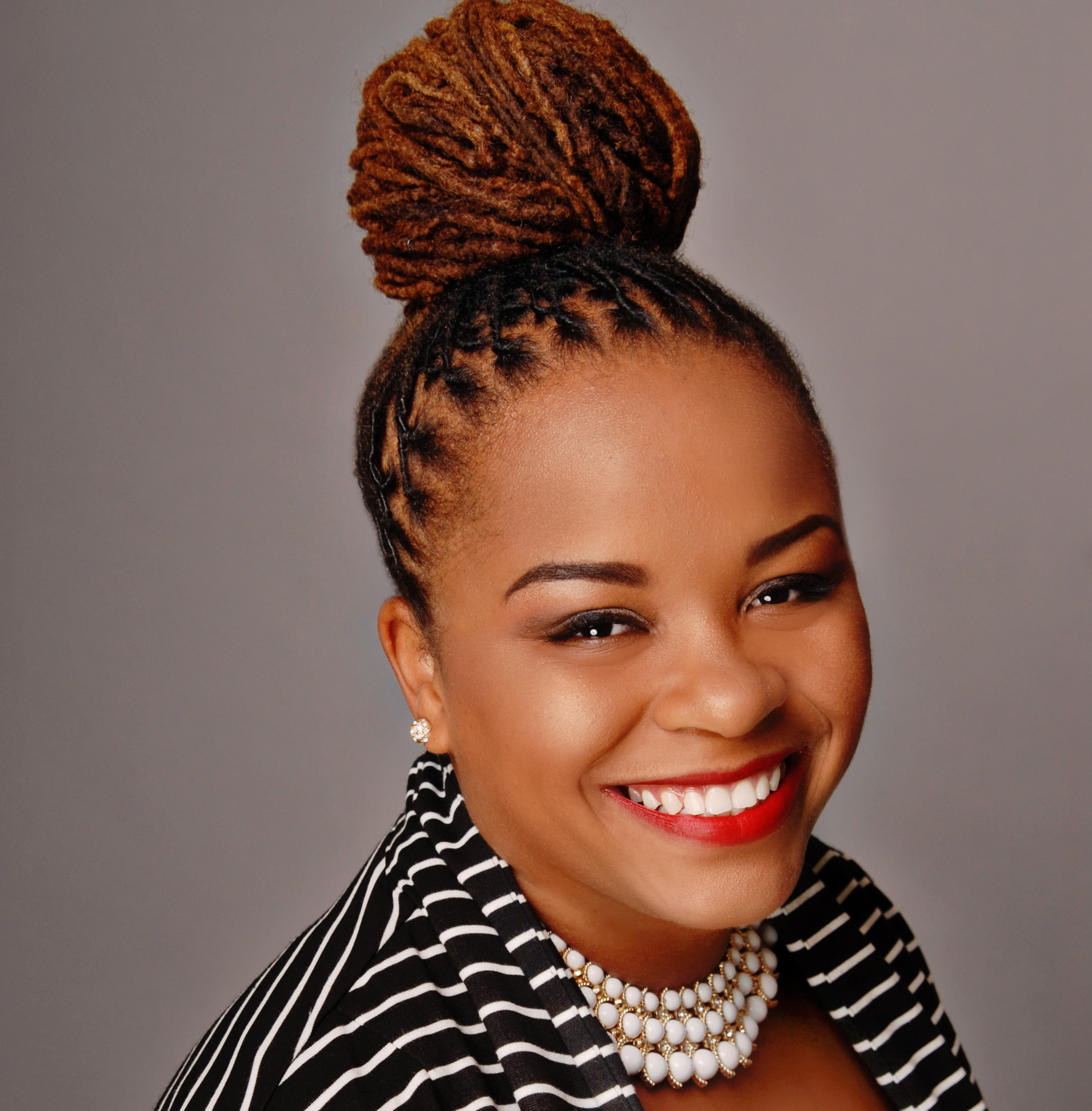Offering open-access to academicians and practitioners, the HBCUstory Symposium is the first of its kind for the nation’s HBCUs. The symposium’s collection of scholarly research and case studies outline the historic and contemporary value of HBCUs, and convenes expert voices in areas of history; information science; STEM; fundraising and development; partnerships and mergers, student persistence and retention; diversity and inclusion (LBGTQ, women studies); as well as athletics and wellness. Expanded to two days to meet the growing demands of the HBCU community, the annual symposium has been held in Nashville, Tennessee and in Washington, D.C. Noted presenters include Spelman College and Bennett College for Women President Emerita Johnnetta B. Cole, Paul Quinn College President Michael J. Sorrell, then-White House Initiative on HBCUs Deputy Director Ivory Toldson, HBCU Digest Founding Editor Jarrett L. Carter Sr., and Dr. Beverly Wright, executive director of Dillard University’s Deep South Center for Environmental Justice.

The goals of the symposium are the cultivation, curation and distribution of new HBCU-related research. These goals will be pursued via:
- Increased exposure for the year-round work of HBCUstory as well as for the good work HBCUs have done and are doing;
- Offering a unique presentation, publication and discursive opportunity to HBCU researchers, teachers and students;
- Offering the public open access to the symposium’s proceedings via live-streaming broadcasts; and,
- Providing meaningful academic networking and mentoring, as well as encouraging future collaborative projects between presenters and among attendees.


2016 | Paul Quinn College in Dallas, Texas
The fourth annual symposium took place on Oct. 31 – Nov. 1, 2016 on the Paul Quinn College campus in Dallas, Texas. Themed “The Will + The Way: HBCUs Reaffirming Their Mission, Redefining Their Vision,” the convening challenged HBCU stakeholders to tell the story of HBCU successes, to learn from their missteps, and to create new plans that serve as blueprints towards a rich, compelling future. Now represents a prime opportunity to refashion the place of HBCUs as leaders among the nation’s higher education landscape—given that our institutions can very well be academically competitive, culturally vibrant, and more fiscally solvent.
2015 | Fisk University in Nashville, Tennessee
The third annual symposium promoted the telling of both the traditional, and “whole,” story of the Reconstruction and its legacy in the State of Tennessee, and in Nashville-Davidson County. Nashville is home to four colleges bearing the HBCU designation. The presence and persistence of Fisk University, Meharry Medical College, Tennessee State University and American Baptist College makes Nashville the only city in the nation that can lay claim to presence and operation of four HBCUs. Themed, “Reconstruction in a New Age of Resistance: Respecting our Roots + Restoring our Rites,” the 2015 symposium had an emerging purpose to provide educational support as well as the conservation and preservation of resources for researchers, teachers and students seeking to understand the place of HBCUs in the Reconstruction (1865-1875) period and its legacies (1870-1930) as well as their implications for and relationship to the world in which we now live.
2014 | Association of Public Land-grant Universities in Washington, D.C.
The second symposium was convened in the nation’s capitol at the headquarters of the Association of Public Land-grant Universities (APLU). Dr. Johnnetta Betsch Cole, director of the Smithsonian National Museum of African Art (NMAfA), and Ivory A. Toldson, deputy director of the White House Initiative on Historically Black Colleges and Universities served as the event’s keynote speakers. Themed, “Where Do HBCUs Go From Here? Strategic Partnerships + Sustainable Futures,” the symposium’s presentations spanned a variety of topics ranging from history, library science and leadership to STEM, sports and millennial philanthropy.
2013 | Nashville Public Library in Nashville, Tennessee
Dubbed the “Athens of the South,” Nashville owed its 19th century sobriquet to the presence of institutions of higher learning. Among this number were several black colleges including Fisk University, Central Tennessee College (and its Meharry Medical Department), as well as the short-lived Tennessee Manual Labor University, which was the only institution of its kind founded for blacks, by blacks. Presented in partnership with the Nashville Public Library and the Nashville Public Library Foundation, the 2013 HBCUstory Symposium, themed “Inspiring Stories of the Past and Present, For Our Future” featured Michael J. Sorrell, Esq., president of Paul Quinn College in Dallas and fifteen scholars from across the nation.











